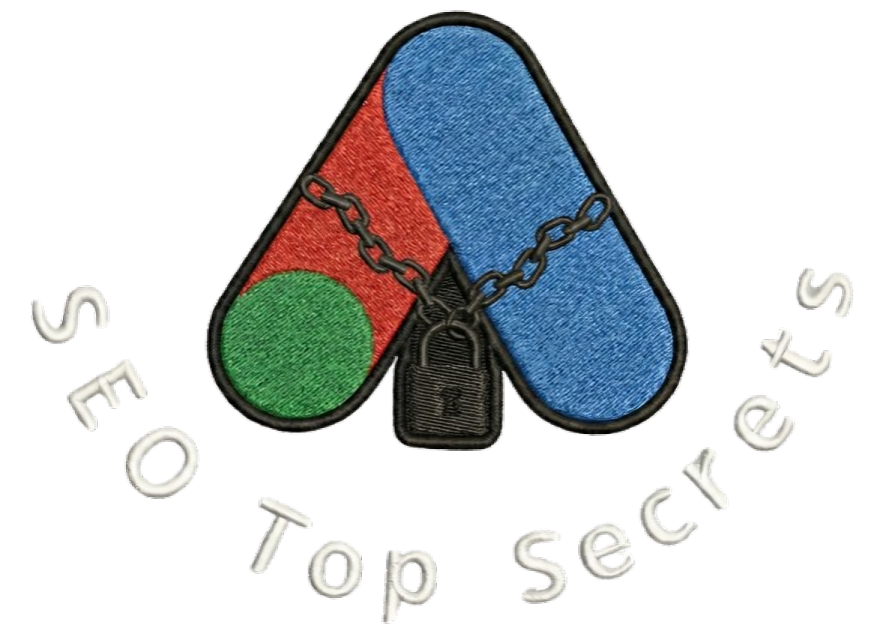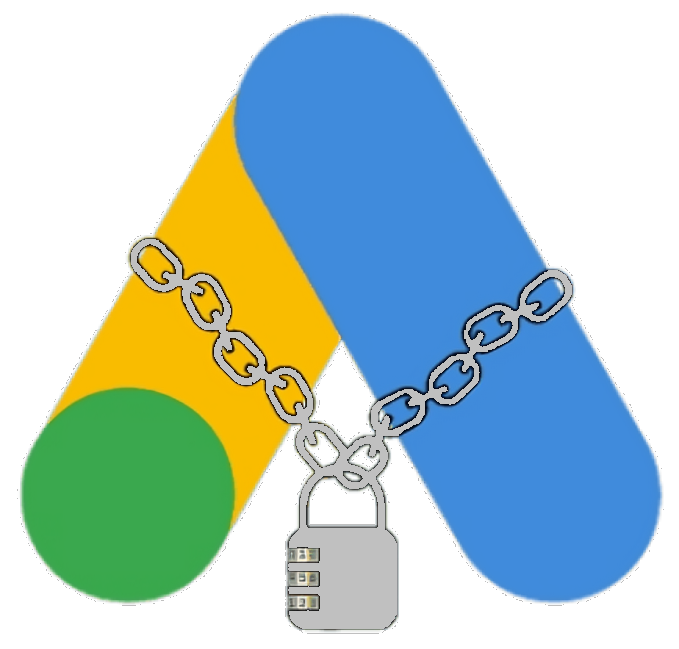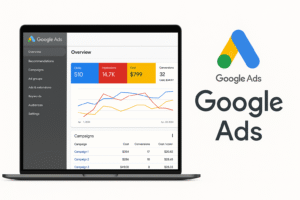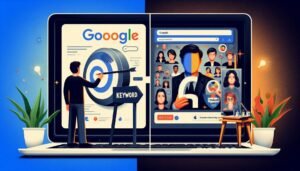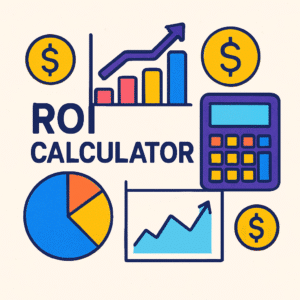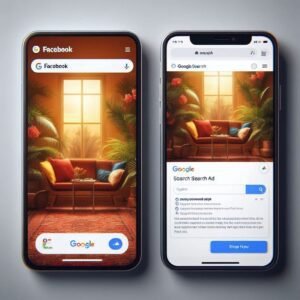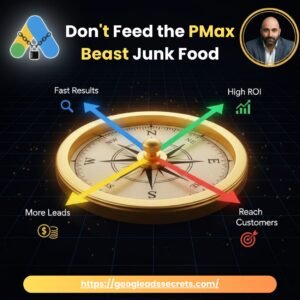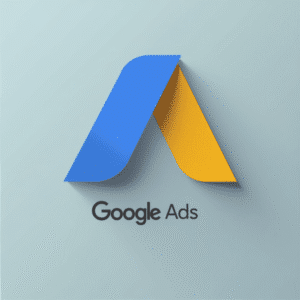Google Ads vs Facebook Ads: Which is Better for Growth?
In the world of digital advertising, the “Google Ads vs Facebook Ads” debate is central for any business aiming to grow. Choosing the right platform can define your success, directly impacting your reach, leads, and return on investment (ROI). This guide, therefore, breaks down the essential differences, strengths, and strategies for both advertising giants to help you invest your marketing budget wisely.
However, while both are powerful, they operate on different principles. Mastering them requires more than a surface-level understanding. For a truly deep dive into campaign optimization, the cornerstone resource at Google Ads Secrets offers expert strategies, while top-tier blogs like HubSpot’s provide broader marketing context.
The Core Difference: Search Intent vs. Social Discovery
The fundamental distinction between Google Ads and Facebook Ads is how they connect with users. In short, Google captures existing demand, while Facebook generates new demand.
Google Ads: Capturing Active Intent
Google Ads targets users with active intent. For instance, when someone searches for “emergency plumber near me,” they have an immediate need. Your ad appears at that exact moment, consequently making Google a powerful tool for generating high-quality, bottom-of-the-funnel leads. Success hinges on a smart keyword strategy, like understanding the power of nouns over verbs in your keywords. For foundational knowledge, digital marketing courses on Coursera are invaluable.
Facebook Ads: Generating Demand
In contrast, Facebook Ads works on social discovery. Users are scrolling their feeds to connect and be entertained, not actively shopping. Your ad, therefore, appears based on their interests, demographics, and behaviors, introducing them to products they didn’t know they needed. This makes Facebook ideal for building brand awareness and creating top-of-funnel demand. Staying current with trends via resources like Marketing Land is crucial here.
Audience Targeting: Precision vs. Persona
Both platforms offer incredible targeting, but their approaches differ. In fact, the Google Ads vs Facebook Ads decision often comes down to how you want to find your audience.
Facebook’s Demographic and Interest Powerhouse
Facebook excels at building audiences based on user personas. You can target users by:
- Demographics: Age, gender, location, job title, life events (e.g., newly engaged).
- Interests: Hobbies, pages liked, and activities they engage with.
- Behaviors: Purchase history, device usage, and travel habits.
- Custom & Lookalike Audiences: Target your existing customers or find new users who are just like them.
This granular targeting is perfect for businesses with a well-defined customer profile. Moreover, the Google Ads Secrets Blog offers practical tips on campaign building, while Moz provides broader SEO and marketing insights.
Google’s Intent and Remarketing Prowess
On the other hand, Google’s targeting is centered on keywords and real-time intent, layered with powerful audience signals:
- Keywords: The foundation of targeting what users are actively searching for.
- In-Market Audiences: Reach users Google identifies as actively researching products like yours.
- Remarketing Lists for Search Ads (RLSA): Target past website visitors with your search ads, often with higher bids because they are warm leads.
- Performance Max: An automated campaign type that finds customers across all of Google’s channels.
Effective management, like scripting out irrelevant close variants, can save your budget. When in doubt, general consultation from an expert can set you straight.
Ad Formats and Creative Approach
The way your ads look and feel must match the platform’s context. On Google, clarity is key; in contrast, on Facebook, creativity reigns.
Google Ads is famous for its text-based search ads but also offers visual formats like Display, Shopping, and YouTube ads. Ultimately, the goal is relevance and a direct answer to the user’s query. A high Quality Score, achieved by aligning keywords, ad copy, and landing pages, is critical for lowering costs. For local businesses, for example, deciding between a Google My Business profile and a landing page is an important strategic choice.
Facebook Ads is an inherently visual platform. Therefore, success requires thumb-stopping images and videos, carousels, and collections. The copy can be more story-driven to spark curiosity and engagement. Indeed, the best ads feel like native content, not a hard sell. For more marketing strategies, check out Neil Patel’s blog or discuss ideas on Reddit.
Cost, Bidding, and Return on Investment (ROI)
There is no single “cheaper” platform in the Google Ads vs Facebook Ads matchup. To be clear, cost depends entirely on your industry and audience. Google’s Cost-Per-Click (CPC) can be higher due to intense competition for high-intent keywords, but it often leads to better conversion rates.
Meanwhile, Facebook often has a lower CPC, but you may need to reach more people to find a qualified buyer. As a result, the most important metric is your Return on Ad Spend (ROAS). Focus on profitability, not just cheap clicks. Understanding your key metrics is crucial. For advanced optimization, explore automated scripts to manage bidding, especially with recent changes like the “Consist Mode” update.
Which Platform Is Right for Your Business?
The best choice depends on your goals, product, and budget.
Choose Google Ads if:
- You sell a product or service people are actively searching for (e.g., repairs, professional services).
- Your primary goal is immediate, high-quality leads and sales.
- You want to appear at the exact moment a customer is ready to buy. A proper campaign setup is vital.
Choose Facebook Ads if:
- You are launching a new product that lacks search demand.
- Your goal is brand awareness and top-of-funnel audience building.
- You sell visually appealing products (e.g., fashion, food, decor).
Before spending, consider an ad account audit to find opportunities. In addition, educational resources like Udemy and Edraak can also build your skills.
The Power of Synergy: Using Both Platforms Together
The most successful advertisers don’t see it as Google Ads vs Facebook Ads; instead, they use them together. A full-funnel strategy works best: Use Facebook to create awareness and introduce your brand to new audiences. Then, use Google Ads to capture that new demand when those users start searching for your brand or product. This synergistic approach guides customers from discovery to purchase and often yields the highest overall ROI. Of course, staying informed via sites like Search Engine Journal is key to managing such complex strategies.
Conclusion
The Google Ads vs Facebook Ads debate has no single winner because they are different tools for different jobs. For instance, Google Ads acts as a harvester to capture existing demand, while Facebook Ads works like a farmer to create future demand. Ultimately, the best strategy often involves both. Therefore, it is crucial to define your goals, know your audience, test rigorously, and not hesitate to seek expert help. By leveraging the unique strengths of each platform, you can build a powerful advertising engine for your business. For more advanced help, explore the Google Ads tips and resources available.
Frequently Asked Questions (FAQ)
Is Google Ads or Facebook Ads better for beginners?
Facebook Ads is often considered more intuitive for beginners with its guided setup. However, a basic Google Search campaign can also be straightforward. The key is to start with a small budget and focus on learning. For direct help, you can connect with experts like Hisham Ezzat on LinkedIn or via WhatsApp.
Which platform is more expensive?
Cost varies by industry. Google’s CPC can be higher for competitive terms; however, the lead quality is often better. The ultimate measure is Return on Ad Spend (ROAS), not just click cost. Additionally, your ads should be considered as part of your overall SEO strategy, a topic covered at Google Ads Secrets’ SEO section.
Can I use both platforms for B2B marketing?
Yes. Specifically, Google Ads is excellent for capturing B2B searches for specific solutions. Facebook Ads, on the other hand, is great for targeting users by job title and industry, making it ideal for promoting content like whitepapers or webinars to build lead lists.
How long until I see results?
Google Ads can deliver traffic and leads almost immediately. Similarly, Facebook Ads can also be quick, but building awareness and nurturing leads takes more time. Both platforms have a “learning phase” for the algorithm, so you should expect to gather data for a few weeks before making major decisions. Tools from Moz can help with upfront research.
Should I hire an agency or manage ads myself?
Managing ads yourself is possible if you have time to learn, but the learning curve is steep and mistakes are costly. Conversely, an experienced professional can often optimize your budget and scale campaigns faster, delivering a positive ROI on their fees. Local marketing can also be supplemented with directories like Yellow Pages UAE.
